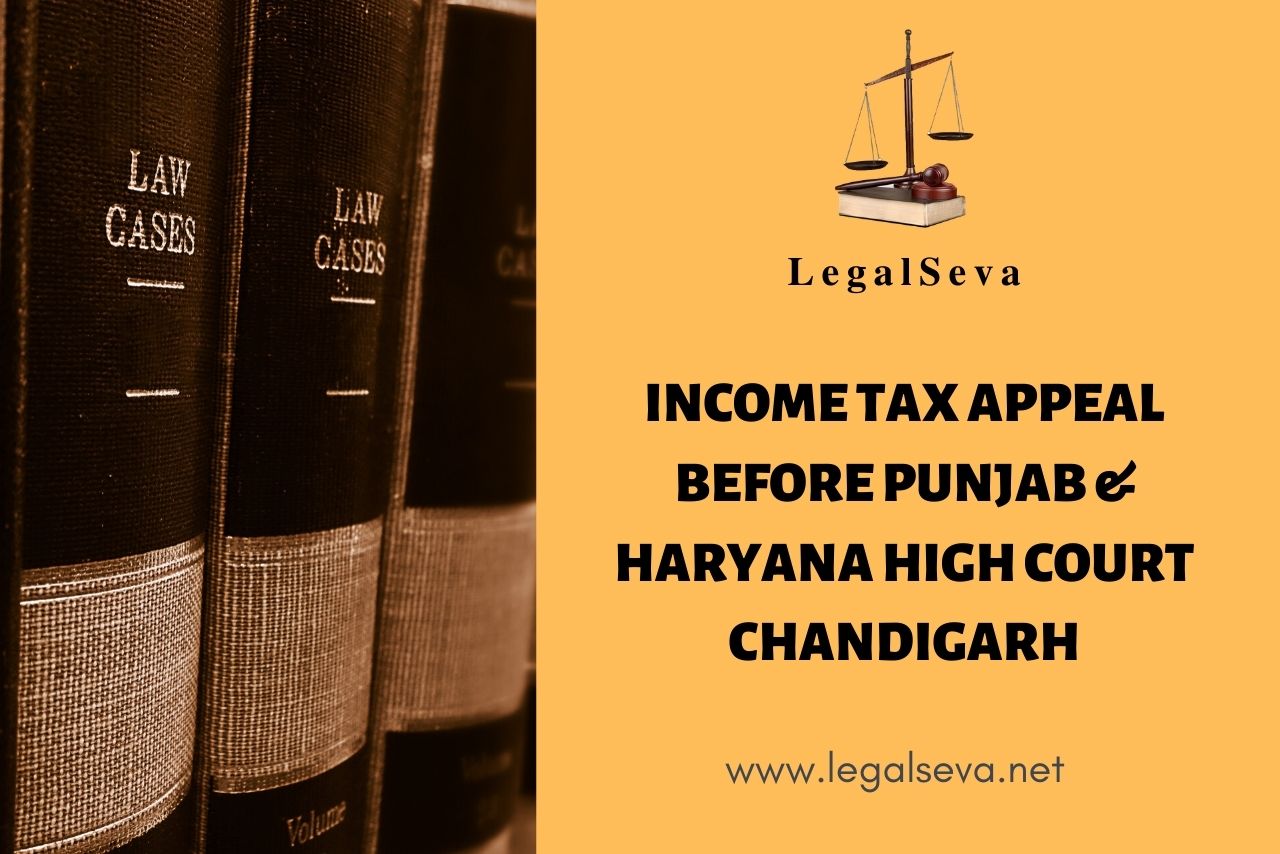This case digest discusses interpretation of tax statutes wherein two different interpretations are possible, the one favouring the assessee should be preferred. Herein this case the assessee prayed the interpretation of fruit drinks under different heads as contemplated by the government. The court favoured the assessee in clearing the difference of definitions between the fruit drinks and the energy drinks.
Judgement digest- Saluja And Company vs State Of Haryana And Ors
High Court Of Punjab And Haryana at Chandigarh, March 13, 2020
The present article deals with the judgement delivered by High Court Of Punjab And Haryana in the case of Saluja And Company vs State Of Haryana And Ors. It deals with interpretation of “fruit drinks” under the Haryana Value Added Tax Act, 2003.
Also Read- TAX ON TRANSFER OF PROPERTY CHANDIGARH PANCHKULA MOHALI
The facts of the case are as follows- the Appellant is a dealer in aerated drinks, mineral water and a fruit based drink ‘Slice’. The undertaking is registered under Haryana Value Added Tax Act, 2003. The Assessing Authority calculated the tax at the rate of 5.25% tax for Slice . The Revisional Authority claimed that the item should be taxed at the rate of 13.125%. The authorities argued that Slice is an energy drink and not a fruit based drink as it contains only 17 % mango pulp, rest is added minerals, water and sugar content. Therefore, it does not come under any exception laid down in Entry100 D of Schedule C of the Haryana Value Added Tax Act, 2003. Hence, it should be taxed at the rate of 12.5% with applicable surplus charges.
Also Read- Pay Property Tax in Zirakpur
The appellant on the other hand contends that Slice is a non-aerated drink and its main essence is mango pulp along with sugar and water. Therefore, it is covered under Entry 100 D of Schedule Cof the Haryana Value Added Tax Act, 2003. Hence it should be taxed at the rate of 5%. It was also contended that Slice is a fruit based drink and usually such drinks contain sugar for increasing the taste value and water for adding solubility. Therefore, it cannot be considered as an energy drink. The respondents’ counter argument was that fruit-based drinks contain a substantial amount of fruit pulp but in the case of Slice, it has only 16% mango pulp and therefore it has to be taken as an energy drink. There is a difference between concentrate of fruit, which usually has high fruit content and just a normal drink of fruits. The respondents also contended that Slice is made of mango concentrates after a lot of processing and it cannot be said to be just a mango-based drink.
Also Read- Income-tax Officers Promotion Debunked by Cat Tribunal Chandigarh
The issue before the court was that –
Whether Slice is covered under Entry 100 D of Schedule C of the Haryana Value Added Tax Act, 2003 and hence 5% tax should be applicable or it is an energy drink which would attract tax at the rate of 12.5%?
The court decided in the favour of the appellants. The court observed that if two views are likely then the one that favours the Assessee should be preferred. And, therefore the court her agreed with the point put up by appellants. This reasoning was laid down in the case of Bihar State Electricity Board v. Usha Martin Industries. The court also relied on the reasoning laid down in the case ofPepsico India Holding Pvt. Ltd. v. State of Assam, wherein the court held that the definition of ‘processed vegetable’ should be taken in a more inclusive and broad manner. Similarly, here the court held that the definition of ‘fruit drink’ should be taken in a broad manner and it would therefore include Slice also.
This case is very important as it shared the proposition that when two interpretations are likely then the one favouring the assessee should be taken. It also discusses cases surrounding the interpretation of such phrases laid down in other tax laws.
Also Read- Seniority of Direct Recruits Versus Promotees in Income Tax Department
For case specific advice please contact best/top/expert Income Tax Lawyers Advocates of Punjab Haryana High Court Chandigarh in Panchkula Mohali Zirakpur Baltana Mullanpur Kharar etc.
This post is written by Harshita Gupta.
More on 99888-17966.
